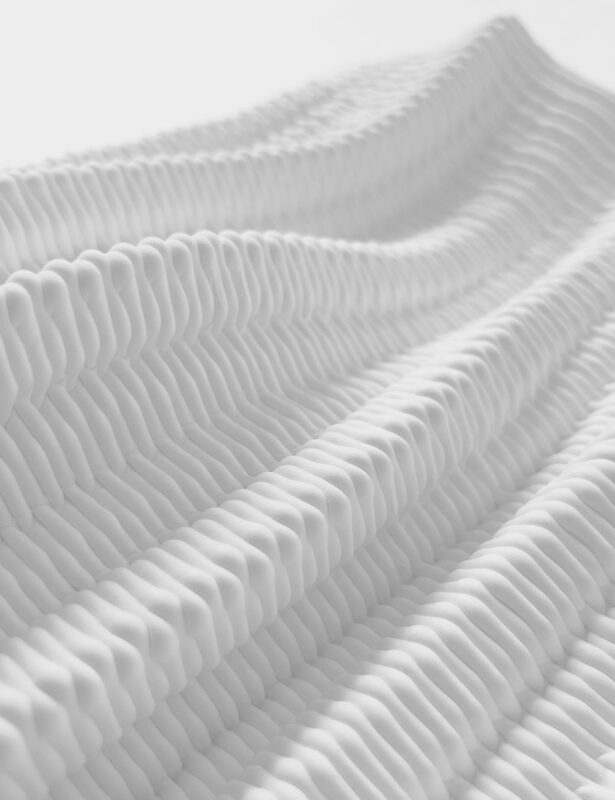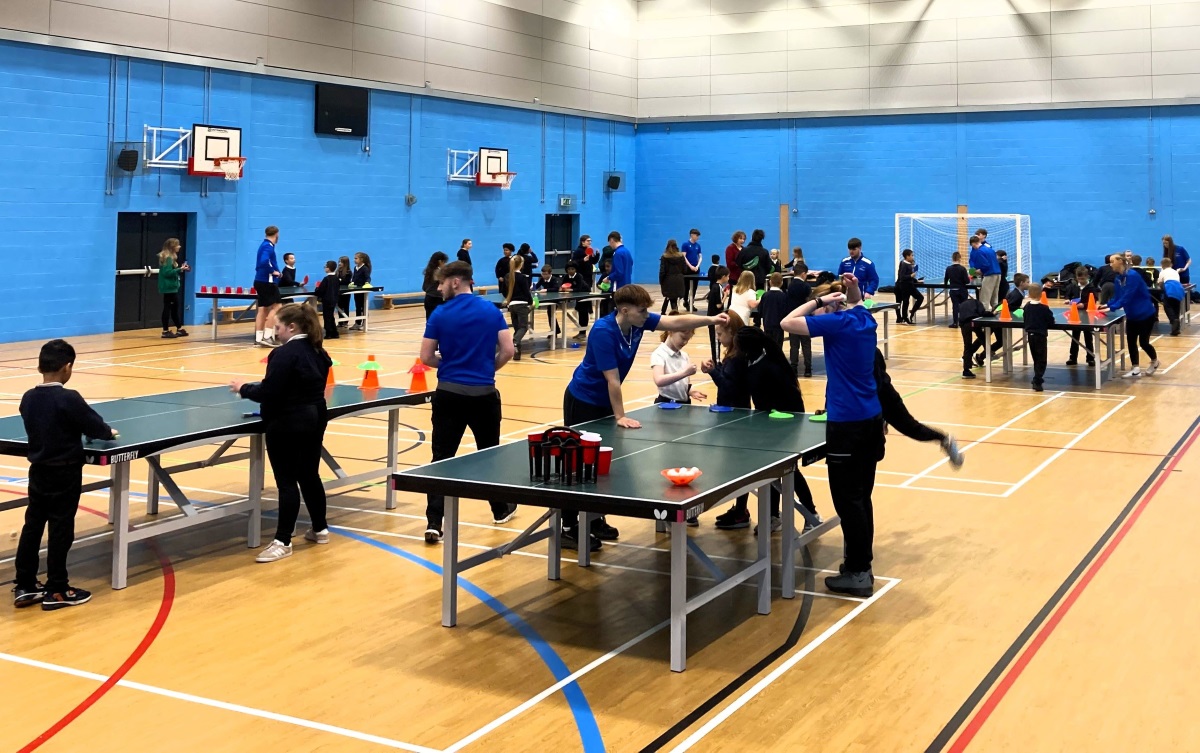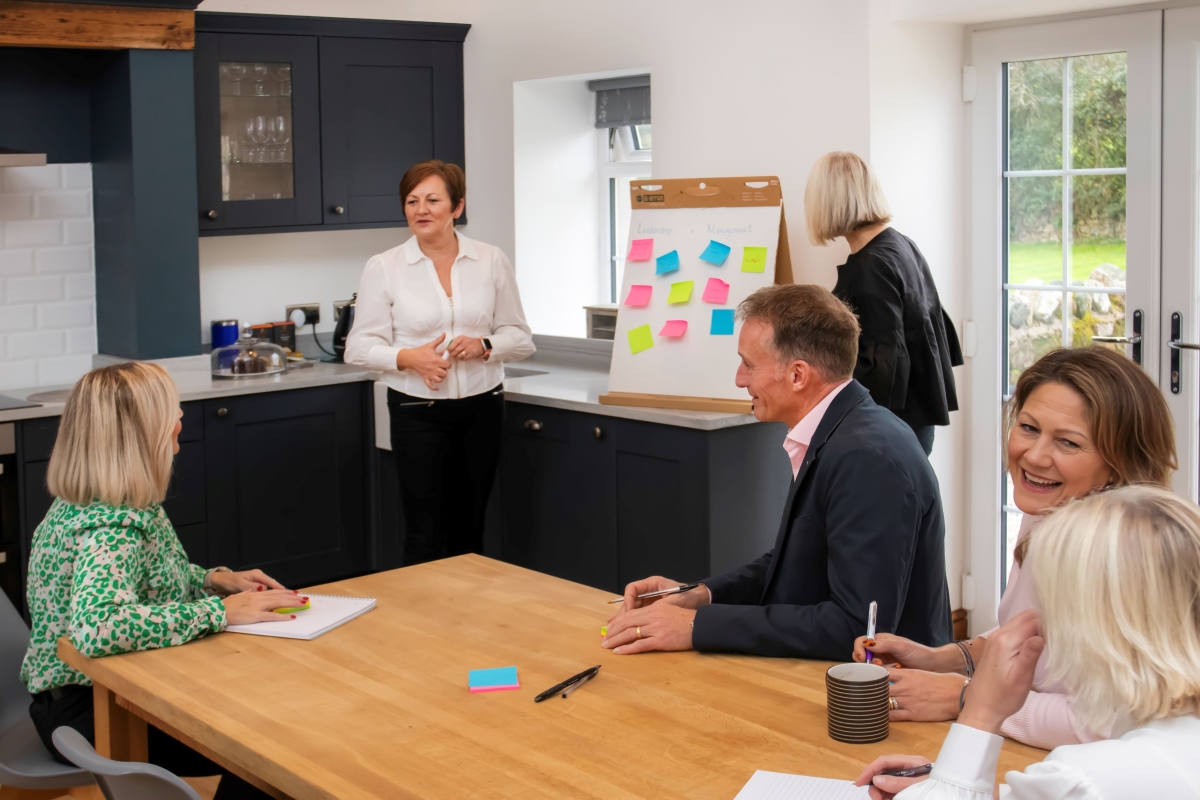Plymouth College of Art appoints artist, inventor and multidisciplinary researcher Thomas Duggan

With specialisms that include biotechnology and advanced robotic fabrication, Thomas has exhibited at the V&A, Tate and MoMA (@plymouthart).
Plymouth College of Art has appointed artist and multidisciplinary researcher Thomas Duggan as a Lecturer in its School of Arts + Media, lecturing on BA (Hons) Craft & Material Practices and MA Craft & Material Practices.
Thomas is a collaborative and multidisciplinary researcher whose career to date has explored the intersections between craft, material science, architecture, design, robotics and sculpture.
With specialisms that include biotechnology and advanced robotic fabrication, Thomas has published work within leading scientific journals including Nature Nanotechnology, the Proceedings of the National Academy of Sciences of the United States of America as well as exhibiting at the V&A, Tate and MoMA. He is also a guest lecturer at the Institute for Advanced Architecture of Catalonia (IAAC).
Thomas Duggan at Tate St Ives, 2019, ‘Alchemy in Art’. Photo by Alice Clough
Thomas said: “I was attracted to the college because the study of crafts here is so broad, mastering traditional materials with opportunities to experiment with glass, ceramics, wood, metals and textiles under the same roof as the advanced fabrication resources housed in Fab Lab Plymouth. There are opportunities here to work and learn in truly cross-disciplinary ways.”
“One of the ideas that I wish to share with students at Plymouth College of Art is that alongside traditional craft practices, we should aspire to find new ways to explore and master the use of biomaterials and develop multifunctional materials and designs that liaise between biotic and abiotic worlds. It’s necessary to develop holistic processes, drawing on diverse knowledge and research, that are process-driven rather than goal-orientated. We’re experiencing the need for interventions that recognise and solve fast developing and multiple environmental, societal, ethical and cultural needs, and this can only be achieved by rethinking questions, identifying opportunities and interventions, and being disruptive rather than adapting to antiquated systems.”
Sculpture by Thomas Duggan
“Advancements in our understanding, development and use of materials within local and global contexts assists in our emotional, physical and environmental connectivity and need to be at the forefront of our understanding of contemporary crafts. I’d encourage all creative students to push boundaries, take risks, experiment and above all understand that failure is one of the most important and valued parts of learning and innovation. Rapid risk taking and experimentation allows for resilience and is the quickest way to learn and gain new knowledge, which is incredibly important for anyone who wishes to prepare their creative practice for the inevitable societal and environmental challenges that lie ahead of us.”
Stephanie Owens, Head of Plymouth College of Art’s School of Arts + Media, said:
“Since arriving at Plymouth College of Art nearly three years ago, I have been seeking to build a materially-led creative course that integrates traditional craft knowledge with advanced thinking in new and innovative materials. Craft and material practices provide a way for us to reimagine the relationship between art, science and technology in new processes that blend natural and synthetic systems. Tom has the kind of critical, connected approach to materials that exemplifies our ambition and I am certain he will have a very positive impact on the College’s commitment to amplifying the role that creative practice plays in research and society.”
Thomas grew up near Exeter and is now based in Cornwall, where he is the Creative Director of Thomas Duggan Studio. He has had an incredibly varied career that includes national exhibitions at Tate St Ives and V&A, as well as international exhibitions in Italy, Germany, France and the USA. In recent years he has collaborated with Kuka Robotics, published articles in Nature Nanotechnology, participated in the Materials Innovation selection panel for the Arts Foundation Futures Award 2021 and is currently collaborating with Thomas Heatherwick Studio.
Before joining Plymouth College of Art, Thomas lectured at the Institute for Advanced Architecture of Catalonia and worked at Tufts University in Boston, USA, developing programmable engineered silk proteins. As an installation artist and stage designer he has worked with artists including the Yeah Yeah Yeahs, Nick Cave and Warren Ellis, as well as being shortlisted for architectural prizes with Feilden Clegg Bradley Studios.











Responses